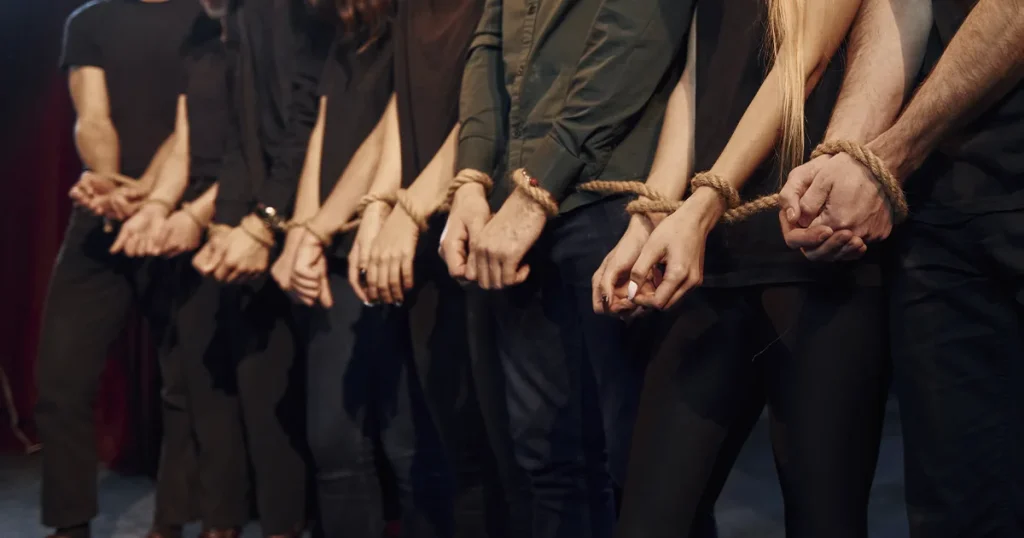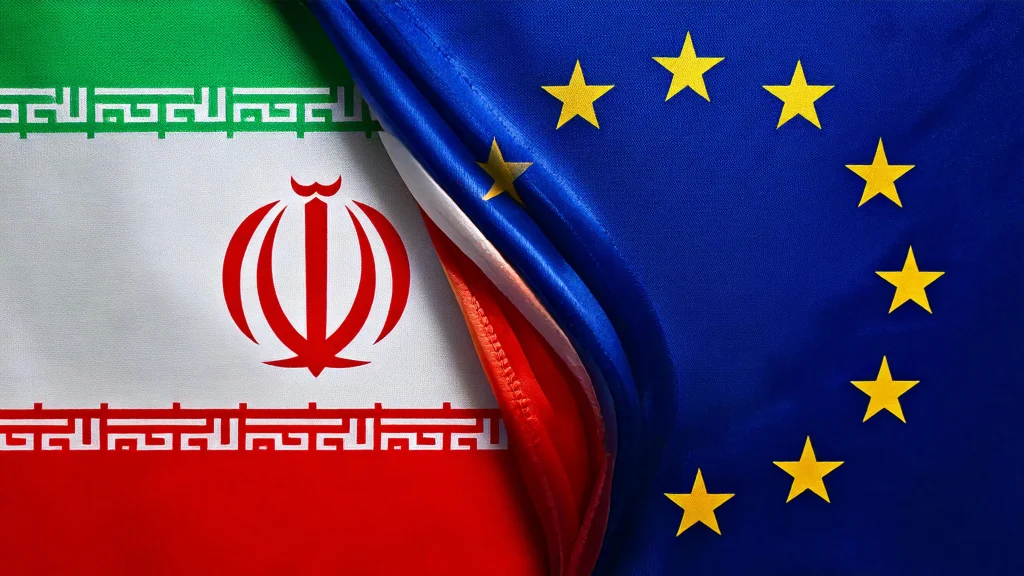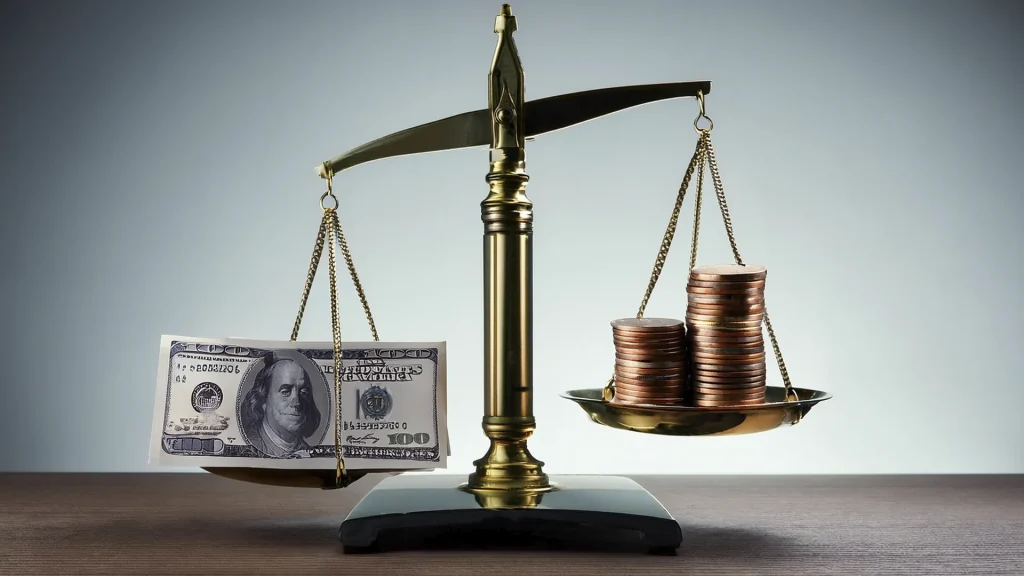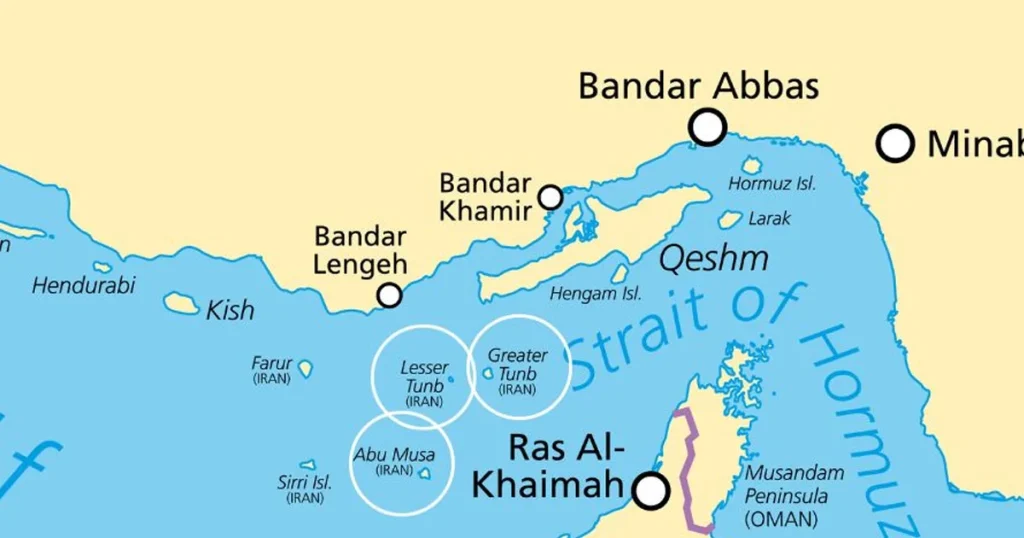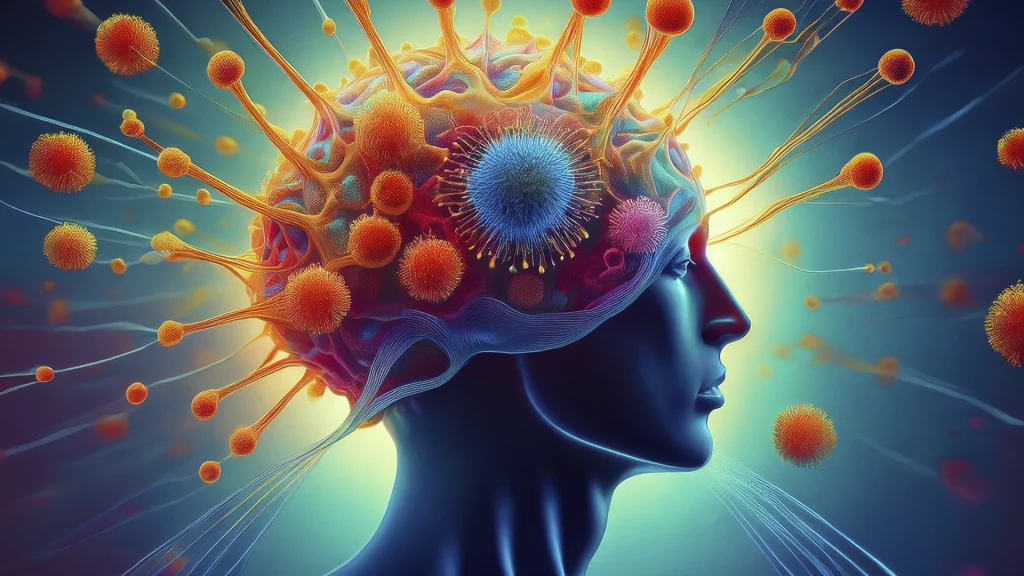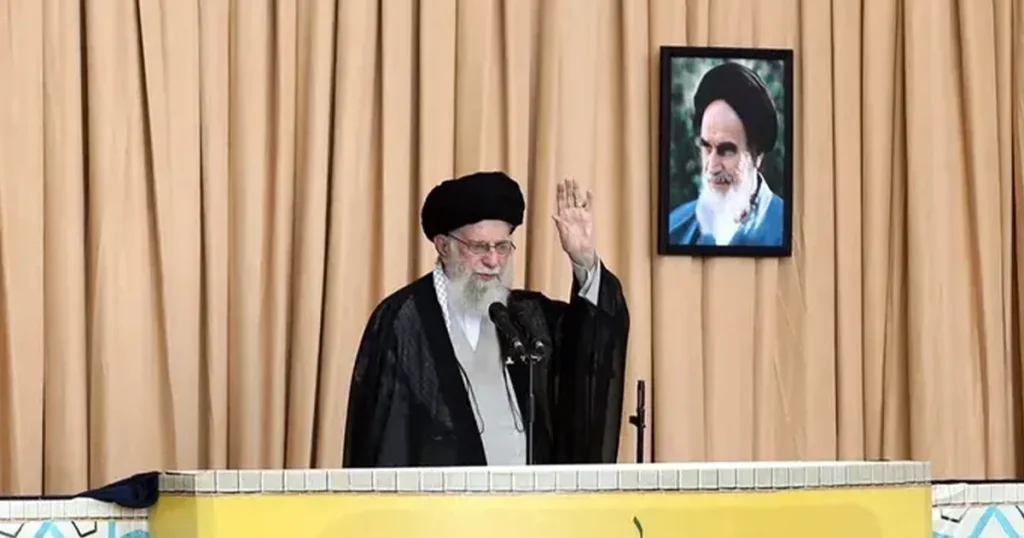Introduction
The Islamic Republic faces severe scrutiny for its handling of political prisoners. This blog post aims to uncover the grim realities behind the prison walls, highlighting the use of torture and sexual violence as tools of oppression.
The Plight of Political Prisoners
In Iran, voicing political dissent comes at a grave cost. Those who dare to challenge the status quo – activists, journalists, and regime critics – often find themselves ensnared in a web of injustice, labeled as ‘enemies of the state or enemies of God.’ In custody, these individuals are subjected to abhorrent conditions and practices that blatantly violate human rights.
Torture, both physical and psychological, is reported to be rampant in the detention of political prisoners. These brutal tactics, aimed at breaking the will and extracting confessions, form a dark undercurrent in Islamic Republic’s penal system.
Sexual Violence as a Tool of Oppression
The first appalling layer of abuse within these prisons is the use of sexual violence against both men and women. This form of torture serves multiple sinister purposes: it acts as a method of further punishment, a means to inflict lasting trauma, and a tactic to degrade and dehumanize. Reports from survivors and human rights organizations paint a grim picture of systematic abuse, where dignity is stripped away in the most invasive manner.
The Plight of Virgins on Death Row
Particularly disturbing are the claims regarding female prisoners on death row, specifically those who are virgins. There are these women are forced into temporary marriages and subjected to sexual assault before their execution. This abhorrent practice is rooted in a twisted interpretation of religious beliefs – the notion that dying as a virgin grants a certain status in the afterlife. Such allegations, while difficult to comprehensively verify, point towards a deeply troubling and specific aspect of human rights violations in Iran.
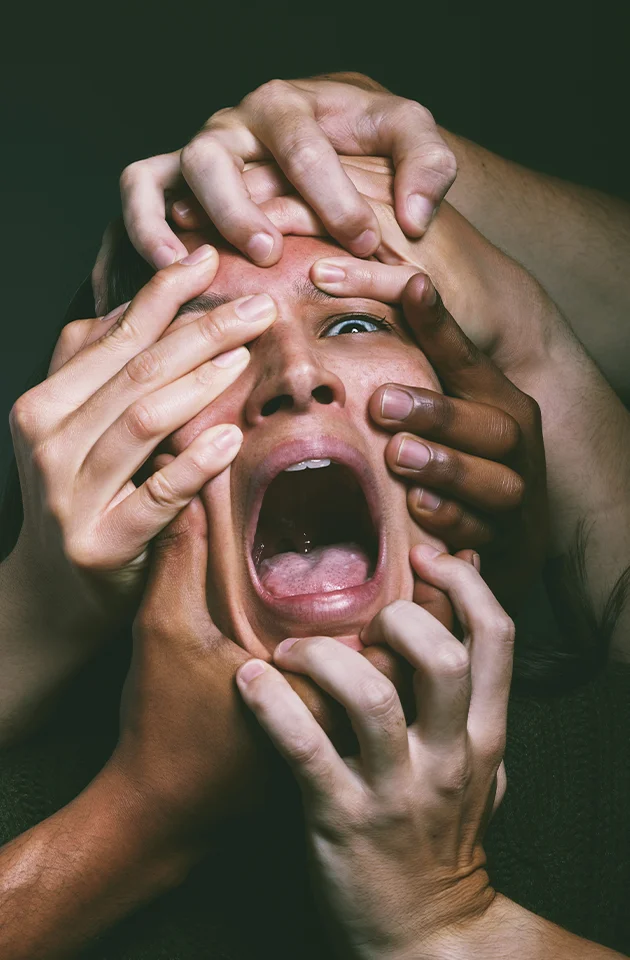
The Role of the IRGC
The Islamic Revolutionary Guard Corps (IRGC) is often at the center of these controversies. Tasked with defending the Islamic system, they play a significant role in the suppression of dissent. While their direct involvement in specific allegations of abuse requires careful substantiation, their influence in the broader landscape of political repression is evident.
The International Response
The international community, including human rights organizations and various governments, has voiced strong condemnation of these practices. Despite this, the situation for political prisoners in Iran remains dire, with little sign of improvement in the near future.
Conclusion
The situation of political prisoners in Iran, marred by torture and sexual violence, is a stark reminder of the ongoing global battle for human rights. It is imperative to scrutinize, investigate, and expose these abuses, advocating tirelessly for the rights and dignity of every individual.
We urge our readers to stay informed, advocate, and support efforts to address human rights violations in Iran. Collective awareness and action can make a difference in the fight against oppression and injustice.
